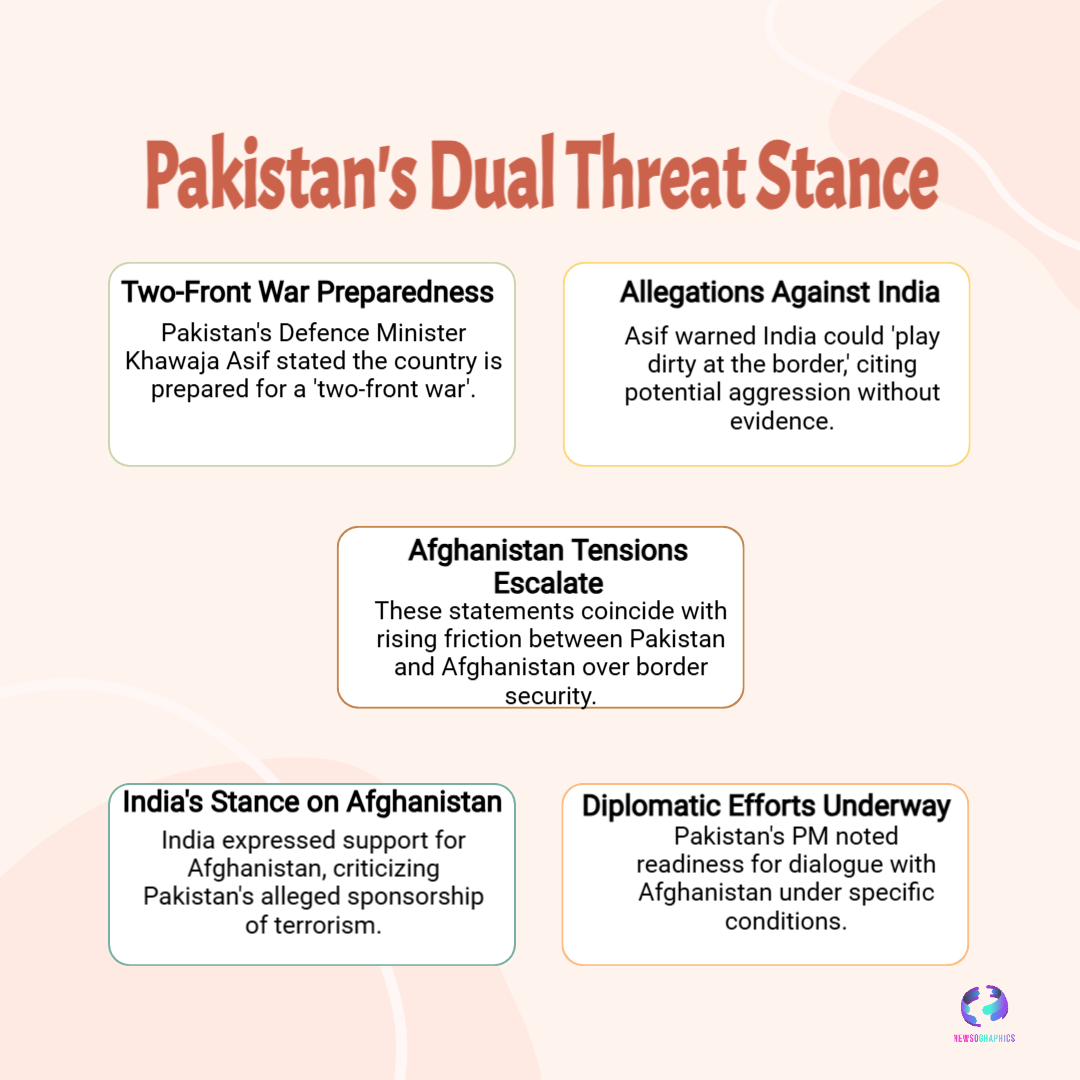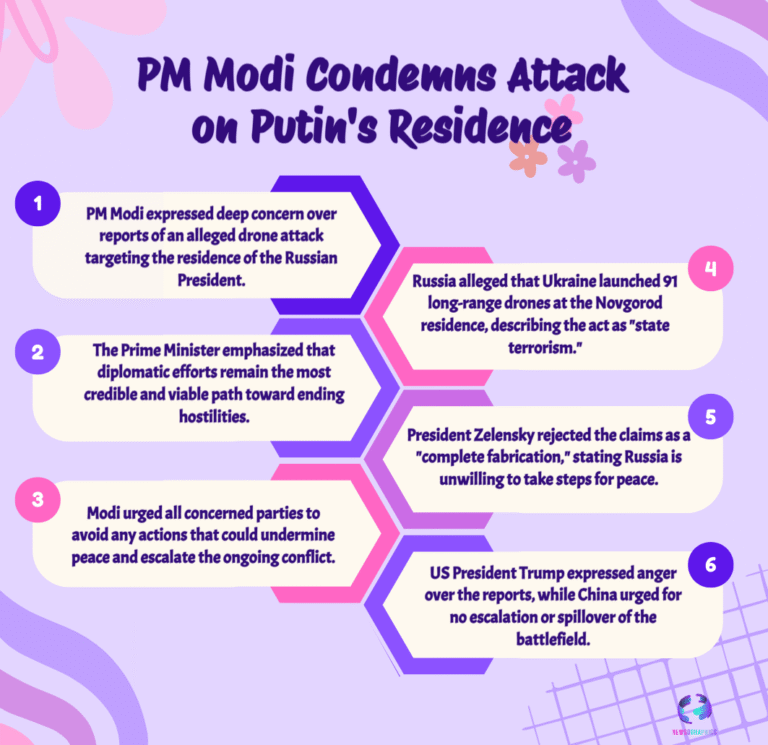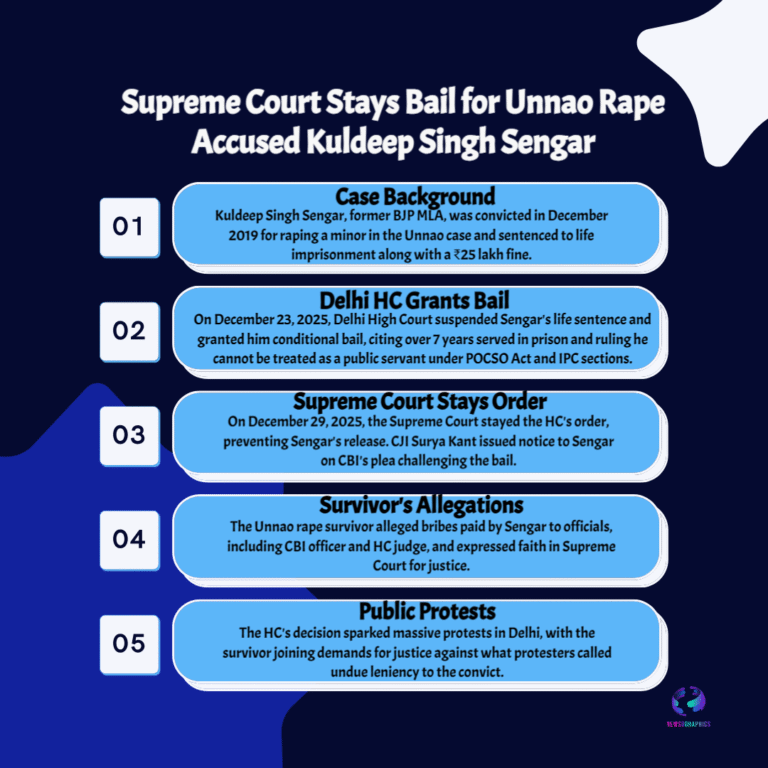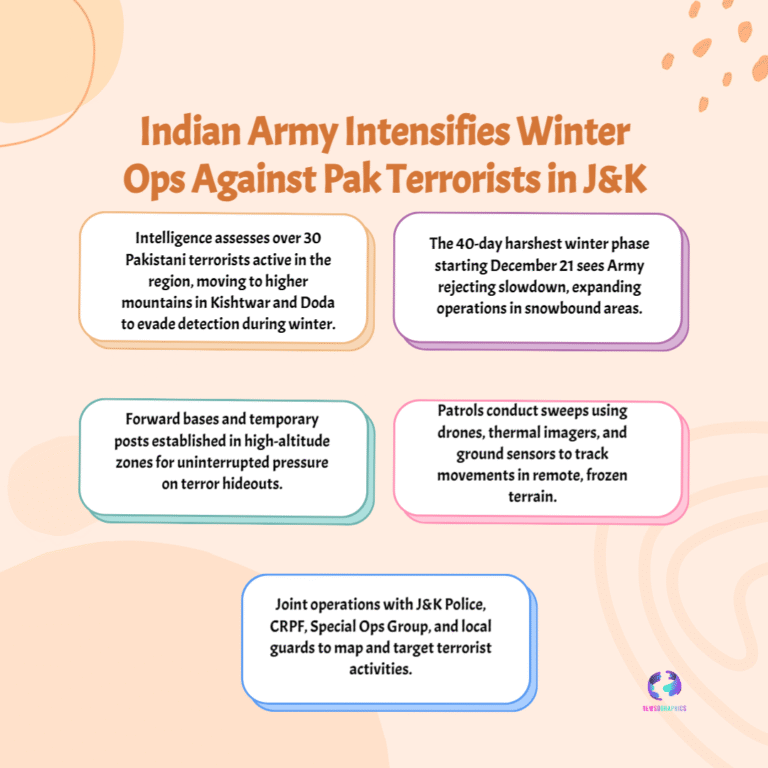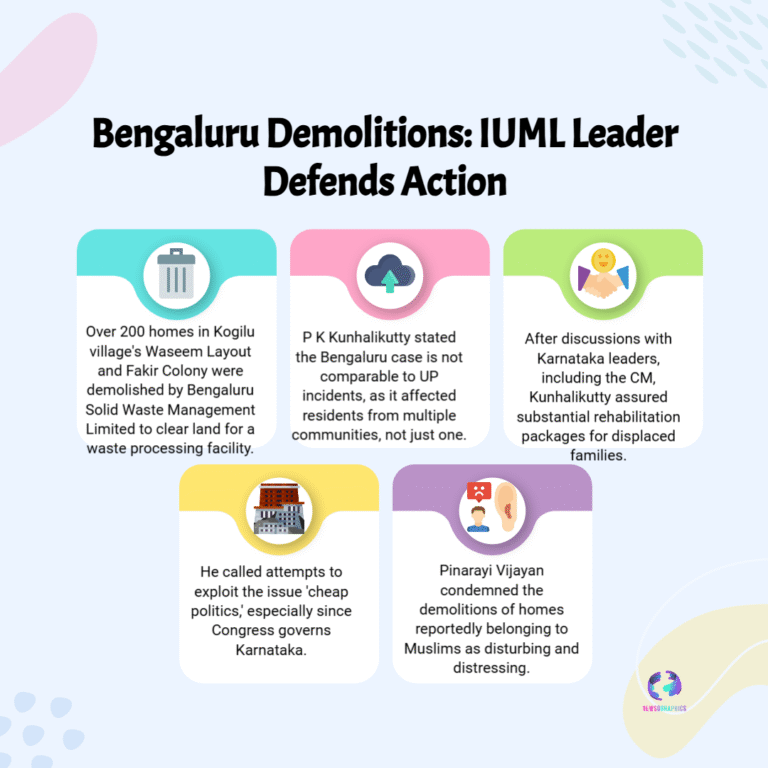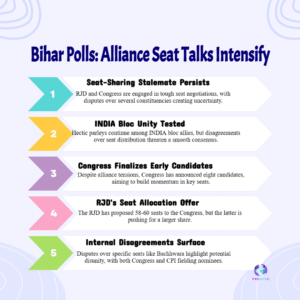Pakistan defence minister Khawaja Asif warns India “could play dirty” at the border and says Pakistan is prepared for a two-front war as Afghanistan tensions rise.

Pakistan’s defence minister Khawaja Muhammad Asif warned in a Samaa TV interview that India “could play dirty at the border” and said Islamabad is prepared for a possible “two-front war” amid rising tensions with Afghanistan. Asif recalled incidents following India’s Operation Sindoor and accused India of opportunistic aggression while Pakistan faces pressure from clashes with Afghan authorities and insurgent groups. His comments underline growing regional anxiety over cross-border strikes, sovereignty concerns and the security implications for South Asia.
India has publicly backed Afghanistan’s right to secure its borders, with the Indian foreign ministry reiterating concerns about Pakistan’s alleged support for militant groups. Islamabad’s assertion of a strategy for a two-front contingency, though vague on details, signals a hardening security posture in the face of diplomatic strain with Kabul. Analysts say such rhetoric can escalate mistrust, complicate diplomatic channels and increase the risk of miscalculation along the porous Afghanistan-Pakistan frontier.
The immediate fallout includes sharper diplomatic exchanges, media attention across South Asia and renewed international calls for restraint from stakeholders including regional partners. Pakistan’s Prime Minister Shehbaz Sharif and the Defence Ministry have not released operational specifics publicly, which raises questions about transparency and crisis management. Observers recommend urgent back-channel diplomacy, confidence-building measures and third-party mediation to defuse tensions and prevent unintended escalation.
For readers tracking developments, the episode highlights three themes: cross-border counterterrorism operations such as Operation Sindoor, the political impact of TTP-related violence inside Pakistan, and the fragile interplay between India, Pakistan and Afghanistan that can quickly alter regional stability. Continued monitoring of official statements, independent reporting on border incidents, and diplomatic engagement will determine whether Asif’s warning becomes a short-lived headline or the start of a sustained regional confrontation with diplomatic costs. Global stakeholders including the UN and neighbouring states should prioritize immediate de-escalation and independent, transparent investigations.





